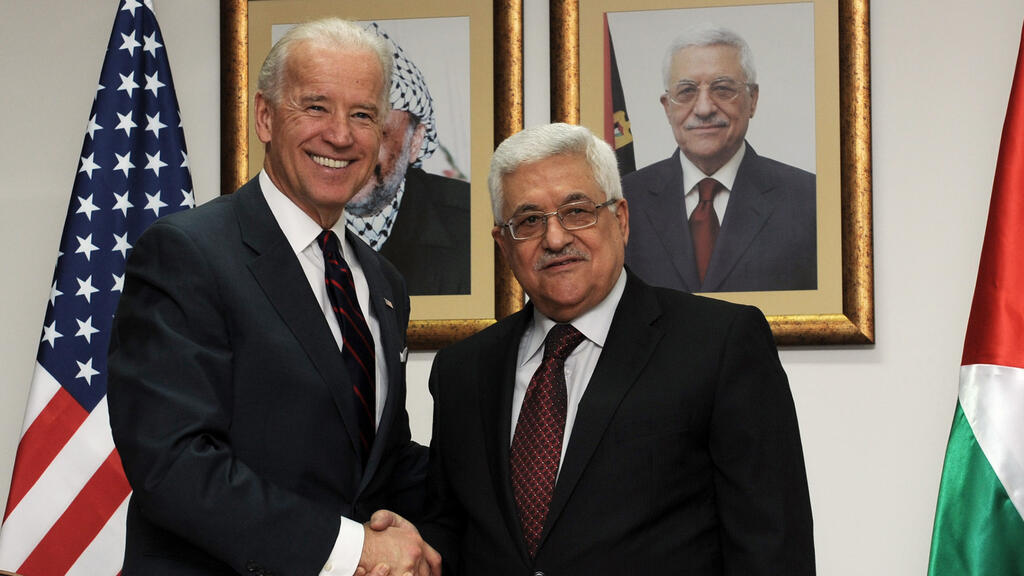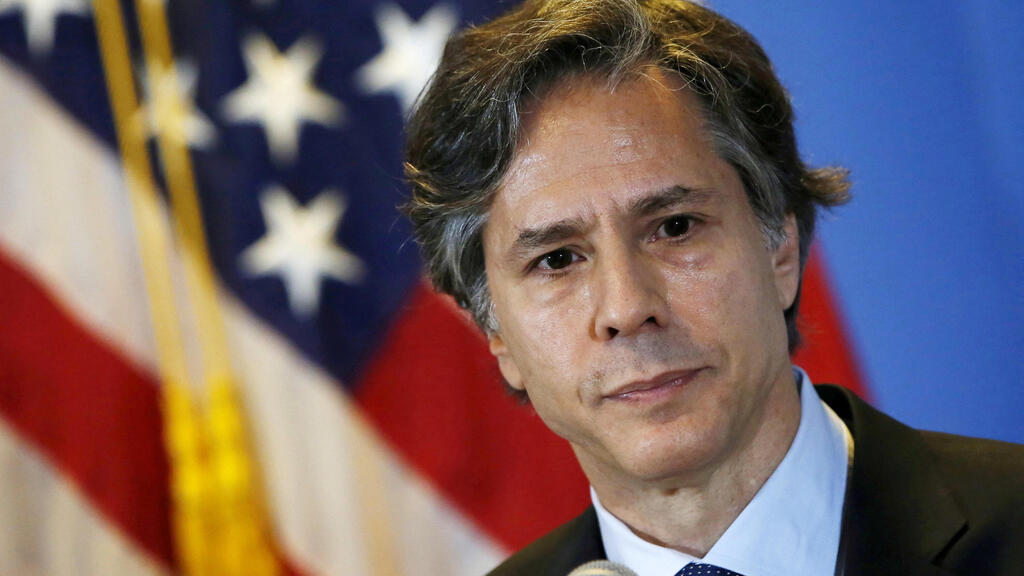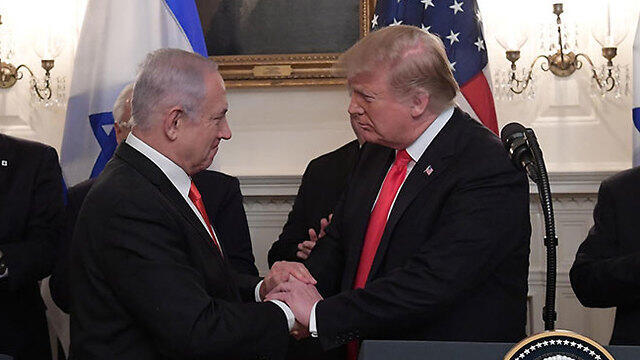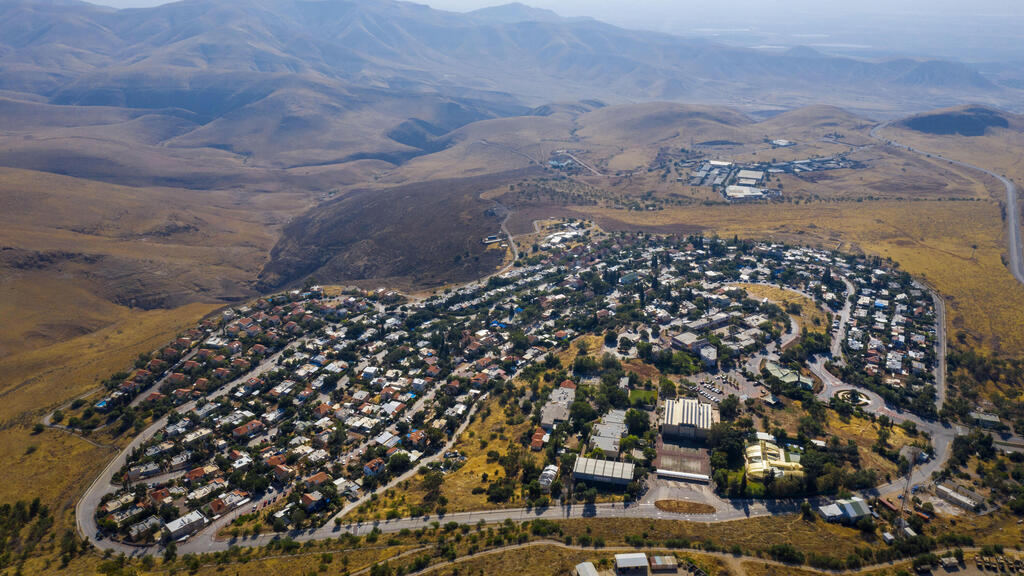The Biden administration is moving slowly but surely toward reengaging with the Palestinians after a near total absence of official contact during former president Donald Trump’s four years in office.
As American officials plan steps to restore direct ties with the Palestinian leadership, Biden’s national security team is taking steps to restore relations that had been severed while Trump pursued a Mideast policy focused largely around Israel, America’s closest partner in the region.
4 View gallery


Then-U.S. Vice President Joe Biden and Palestinian President Mahmoud Abbas in Ramallah in 2010
(Photo: AP)
On Tuesday, for the second time in two days, Biden’s administration categorically embraced a two-state solution to the Israeli-Palestinian conflict, something that Trump had been purposefully vague about while slashing aid to the Palestinians and taking steps to support Israel’s claims to land that the Palestinians want for an independent state.
The State Department said Tuesday that a U.S. delegation attended a meeting of a Norwegian-run committee that serves as a clearinghouse for assistance to the Palestinians.
Although little-known outside foreign policy circles, the so-called Ad Hoc Liaison Committee has been influential in the peace process since Israel and the Palestinians signed the Oslo Accords in 1993.
“During the discussion, the United States reaffirmed the U.S. commitment to advancing prosperity, security, and freedom for both Israelis and Palestinians and to preserve the prospects of a negotiated two-state solution in which Israel lives in peace and security alongside a viable Palestinian state,” the State Department said in a statement.
“The United States underscored the commitment to supporting economic and humanitarian assistance and the need to see progress on outstanding projects that will improve the lives of the Palestinian people, while urging all parties to avoid unilateral steps that make a two-state solution more difficult to achieve,” it said.
U.S. participation in the meeting followed a Monday call between Secretary of State Antony Blinken and Foreign Minister Gabi Ashkenazi in which Blinken stressed that the new U.S. administration unambiguously supports a two-state solution.
Prime Minister Benjamin Netanyahu, who was close to Trump, has eschewed the two-state solution.
Biden spoke to Netanyahu last week for the first time as president after a delay that many found suspicious and suggestive of a major realignment in U.S. policy. Blinken, however, has spoken to Ashkenazi twice amid ongoing concern in Israel about Biden’s intentions in the region, particularly his desire to reenter the Iran nuclear deal.
In Monday’s call, Blinken “emphasized the Biden administration’s belief that the two-state solution is the best way to ensure Israel’s future as a Jewish and democratic state, living in peace alongside a viable and democratic Palestinian state,” State Department spokesperson Ned Price said.
The Trump administration had presented its own version of a two-state peace plan, though it would have required significant Palestinian concessions on territory and sovereignty.
The Palestinians, however, rejected it out of hand and accused the U.S. of no longer being an honest peace broker after Trump recognized Jerusalem as Israel’s capital, moved the U.S. embassy to the city from Tel Aviv, cut off aid to the Palestinian Authority, closed the Palestinian diplomatic mission in Washington and rescinded a long-standing legal opinion that Israeli settlement activity is illegitimate under international law.




